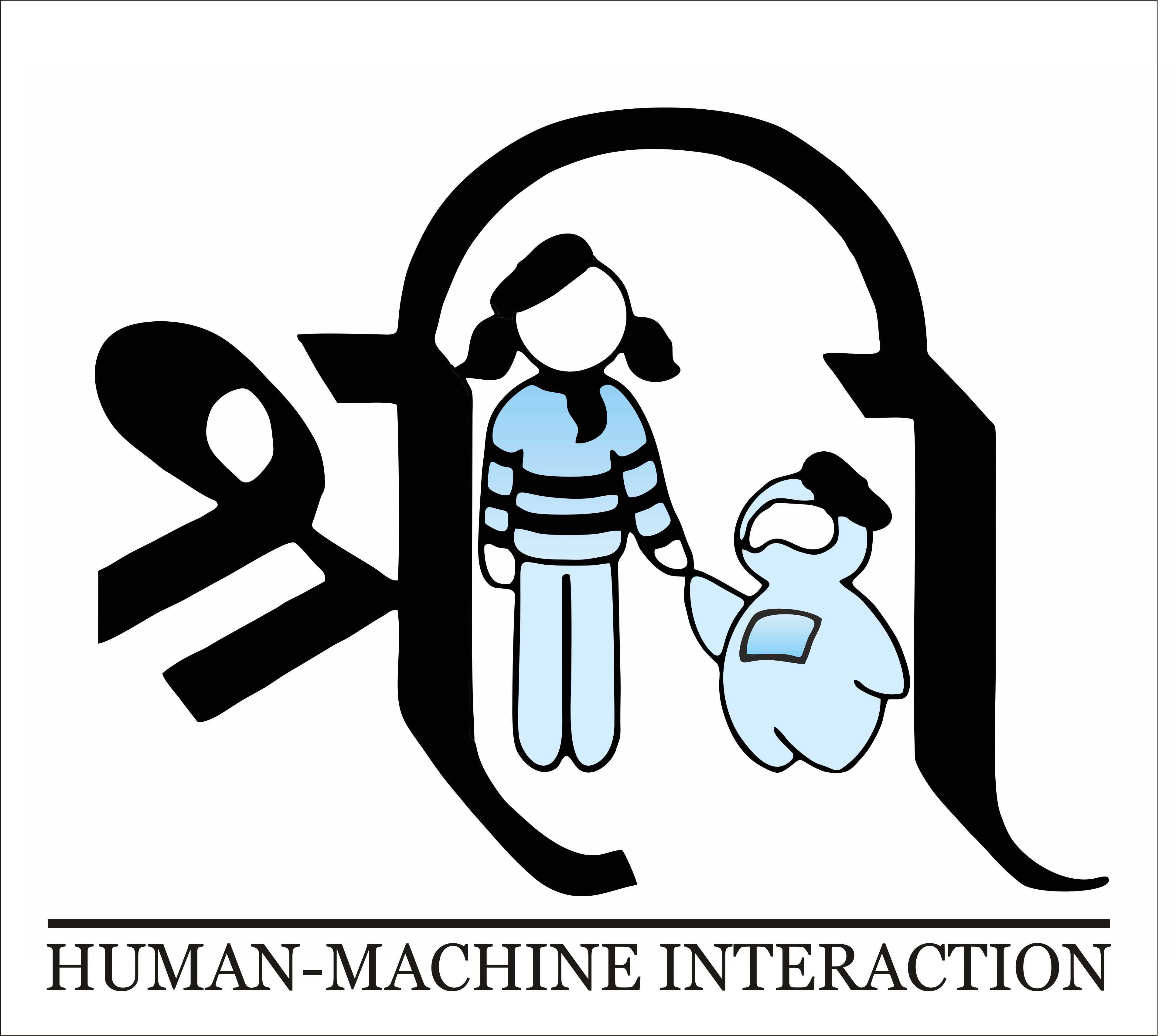Abstract
Recent advancements in socially assistive robotics (SAR) have shown a significant potential of using social robotics to achieve increasing cognitive and outcomes in education. However, the deployments of SAR technologies also bring ethical challenges in tandem to the fore, especially in under-resourced contexts. While previous research has highlighted various ethical challenges that arise in SAR deployment in real world settings, most of the research has been centred in resource-rich contexts, mainly in developed countries, namely the `Global North' and the work specifically in the educational setting is limited. This research aimed to evaluate and reaect upon the potential ethical and pedagogical challenges of deploying a social robot in an under-resourced context. We base our findings from a 5-week in-the-wild user study conducted with 12 kindergarten students at an under-resourced community school in New Delhi, India. We used interaction analysis with the context of learning, education and ethics to analyze the user study through video recordings. Our findings highlighted four primary ethical considerations that should be taken into account while deploying social robotics technologies in educational settings; (1) language, and accent as barrier in pedagogy, (2) role of trust and agency, (3) effect of malfunctioning, (un)intended harms & psychological safety and (4) contextual disillusionment | balancing innovation with basic necessities/ requirements themes. Overall, our paper argues for assessing the ethical and pedagogical constraints and bridging the gap between currently non-existent literature from such a context to better evaluate the potential use of such technologies in under-resourced contexts.
Team Members:
Divyanshu Kumar Singh (IIIT Delhi), Deepa Singh (PhD Scholar, Delhi University)
Faculty Supervisor:
Dr Manohar Kumar, Dr. Eduard Fosch-Villaronga (Leiden University, Netherlands), Dr Jainendra Shukla
Publication:
D. K. Singh, M. Kumar, E. Fosch-Villaronga, D. Singh, and J. Shukla, “Ethical considerations arising from the contextualization of child-robot interactions in under-resource communities,” Submitted to International Journal of Social Robotics, 2021.
Kumar Singh, D., Sharma, S., Shukla, J., & Eden, G. (2020, March). Toy, Tutor, Peer, or Pet? Preliminary Findings from Child-Robot Interactions in a Community School. In Companion of the 2020 ACM/IEEE International Conference on Human-Robot Interaction (pp. 325-327).
